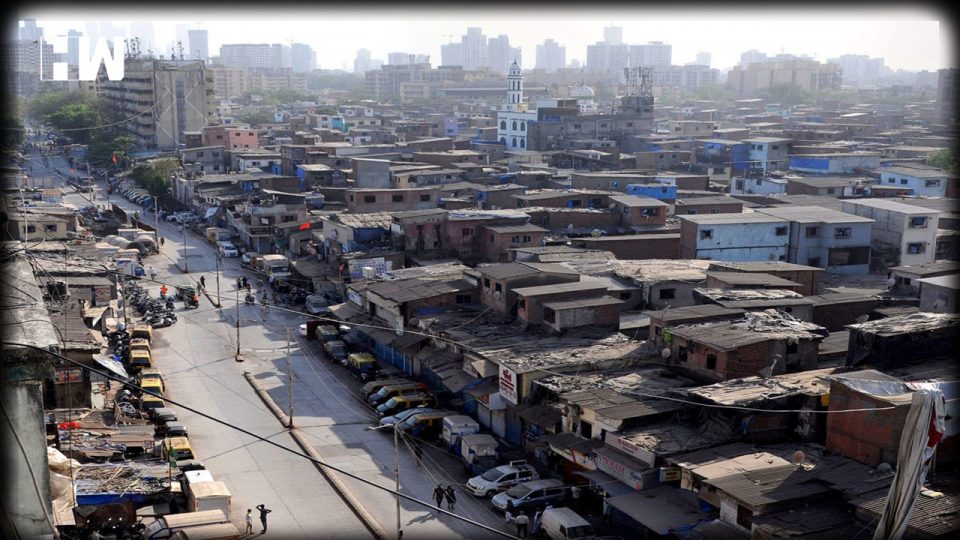The state governemnt has also clarified that hydroxychloroquine can be given to the patients only after they consent to take it knowing the risks involved in taking the drug.
Mumbai| The plan to offer hydroxychloroquine to thousands of residents of Mumbai’s Dharavi slum in order to protect them from Covid-19 infection has been shelved, an official informed.
The health officials of Mumbai expressed concerns over the efficacy of the drug saying the much-touted drug is largely untested. Though not rejecting the possible advantage of the drug, they said that for now, they’d follow federal Indian guidelines.
Mumbai is India’s one of the dense cities. When it was confirmed that the Dharavi slums had become one of the hotspots for the Covid-19, the administration was taken aback. Dharavi is Asia’s largest slum area where people live in congested houses without proper sanitation. To contain the spread of Covid-19 in Dharavi, it was said that hydroxychloroquine can be given to residents to avoid infection.
But after experts pointed the insufficient evidence of the efficacy of this drug and the risk it poses, the plan was temporarily shelved. Many also questioned the ethics of using the drug on vulnerable populations. Mumbai’s deputy executive health officer, Daksha Shah, said that officials will now follow the guidelines given by India’s top medical body and they are now waiting for the approval to test the drug.
The state governemnt has also clarified that hydroxychloroquine can be given to the patients only after they consent to take it knowing the risks involved in taking the drug. It also added that adverse reactions should be immediately reported to authorities and doctors must not use the drug on patients with heart ailments, diabetes, or blood disorders.
“Our decision to allow the use of the drug was based on risk-benefit considerations, under exceptional circumstances, and was derived from available evidence of benefit as treatment and supported by preclinical data,” India’s National Task Force for COVID-19 said in a statement issued on March 22.
“If there is no evidence … why are scientific bodies pushing this drug and giving the impression to the public that there is a magic bullet, and this is your last hope?” Dr. Shriprakash Kalantri, an epidemiologist from Maharashtra said, Economic Times quoted.
As an independent media platform, we do not take advertisements from governments and corporate houses. It is you, our readers, who have supported us on our journey to do honest and unbiased journalism. Please contribute, so that we can continue to do the same in future.

